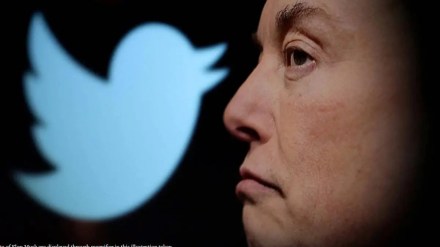Earlier this week, Elon Musk asked Twitter users if he should quit as the social media company’s CEO and promised he would abide by the referendum results. Over 57% of those who voted said ‘yes’. Musk believes that “bots” could be behind the result and tweeted that he would resign as CEO when he finds someone “foolish enough” to take the job. He also said that only verified, ‘blue-tick’ users should be allowed to vote in Twitter polls. Of course, Musk is free to disregard the poll, but the fact is that Twitter needs leadership that can ensure predictability of policy, and not one that is self-serving. The social media company hadn’t been doing too well and saw a disappointing second quarter this year, missing analyst estimates on earnings, revenue, and user growth. Then under the old management, Twitter had offered “uncertainty” tied to the pending acquisition by Musk as an explanation. Since Musk became the sole owner of Twitter on October 27, he has pulled it in many different—often opposing—directions. To be sure, Musk retains the legal prerogative to govern Twitter however he fancies, but he has let his whims first find popular endorsement and then become policy. But platforms such as Twitter have an inherent duality that doesn’t permit such governance. It is both a private company and a public square. How the private company is run affects what happens on the public square, which, in turn, has hard-to-ignore ramifications for the company’s business.
Also Read: Elon Musk to resign as Twitter CEO, but conditions apply
When Musk took over, he fired close to half of Twitter’s global workforce, in the process getting rid of those he considered dead weights. But people who were key to running the company also fled the toxic environment. Soon enough, the company had to approach some newly-minted ex-employees to come back to work. At a time when even hardline companies are keen on avoiding burnout among key talent, Musk told Twitter employees that they must be ready to work “long hours at high intensity” or leave. This is not to argue in favour of allowing employees to slack off, but Musk’s dare-devilry is surely not going to help as companies desperately need motivated employees. Musk styles himself as a “free-speech absolutist”; he reopened Twitter’s doors for users banned for using the platform to spread rabid hate and bigotry. Yet, he was quick to suspend the Twitter accounts of a fairly significant number of journalists from mainstream media organisations who reported on his decision to ban a Twitter account operated by a young user that tracked Musk’s private jet based on publicly available information. Even as Musk has staunchly maintained, based on questionable evidence, that the earlier management censored certain ideologies, experts have said his “freedom of speech, not freedom of reach” policy essentially does the same.
Also Read: Musk to step down as Twitter CEO, focus on engineering teams
Musk has made it clear in very many ways that his ire and whim will be the compass for Twitter policy. All of this has made advertisers nervous, and many have cut or halted spending. Musk’s response has been astounding. He threatened a “thermonuclear naming and shaming” of advertisers, with the obvious effect of painting them as championing one or the other ideology that many of their consumers may not agree with. Some advertisers have since returned, but many remain sceptical. Musk’s genius has given us two world-changing tech companies; his folly and self-indulgence must not spell the end of a third.
